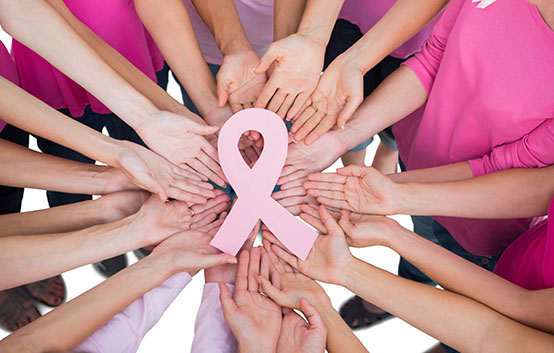Breast Cancer in the Family: What It Means
After a Prostate Cancer Diagnosis
Have a Conversation With Your Family
First, you must discover all you can about your family tree. This could include an open to discuss the family tree with all family members, particularly those who are women.
“Often in families, women are the keepers of stories and will know the family history,” says Allison Werner-Lin, PhD. associate professor of Penn Medicine’s School of Social Policy and Practice in Philadelphia who is a specialist in the hereditary cancer.
“They may communicate this to their daughters rather than their sons, but it’s important to open the door so that everyone knows the family history and is open about risk,” she adds.
Relay This Information to Your Doctor
It is crucial that men communicate the information they’ve learned as well as any previous history of ovarian or breast cancer to their doctors. Knowing the family history of these illnesses can assist your doctor provide advice on your risk and next steps to take, Brander states.
See a Genetic Counselor
If you have any history of the ovarian or breast cancer within your family Your doctor is likely to refer you to a genetic counselor in order to examine your risk further, and the counselor may organize for you to undergo genetic tests done.
You can also locate an expert in genetic counseling by visiting the National Society of Genetic Counselors site. Brander suggests the Find a Genetic Counselor tool that can assist you to locate a counselor close to you.
Following your tests for genetics and are determined to be carrying BRCA1 or BRCA2 gene mutation, you’ll most likely start the prostate cancer tests with your physician. This could include routine prostate-specific antigen testing and digital rectal examinations. Although men typically undergo this procedure between 45 to 50 years old however, those who have been confirmed positive for BRCA mutation could begin this process earlier, starting at age forty, Brander says.
Manage Your Risk
There is no way to completely get rid of from a cancer diagnosed all by itself, but studies suggest actions you can make to reduce the risk of getting cancer. It is recommended that you Mayo Clinic recommends eating a balanced, low-fat diet that includes more vegetables and fruits and avoiding dairy, with at minimum 30 minutes of exercise regular exercise every day throughout the day. Research indicate that more frequent Ejaculation could reduce your risk of being diagnosed.
Although the lifetime prostate cancer risks are quite high and rise with age for BRCA mutation carriers there’s an underlying conviction that hereditary cancers tend to be only a problem for women according to Dr. Werner-Lin states. “As many men traverse genetic counseling and come to terms with their risk, they may find that lots of the messaging isn’t about them — it’s about them protecting their daughters,” she says.
It is important to keep the lines of communication openespecially with your parents and sons brothers, as well as other males in your family. You should also continue in discussing your health background. “Part of what’s important is for men to have permission to focus on their own risk,” Werner-Lin explains. “Your risk may be lower than your sister’s and mother’s and daughter’s, but it’s okay for you — in concert with the rest of the family — to claim the space to care for yourself, too.”
